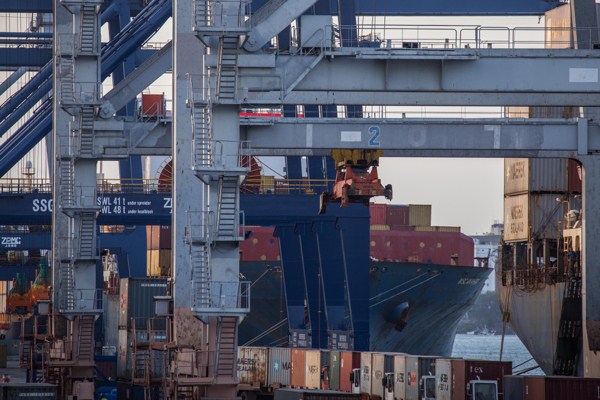In late February, the United States signed a trade deal with the East African Community (EAC), the bloc of five countries around Africa’s Great Lakes. In an email interview, Nora Carina Dihel, a senior trade economist at the World Bank, discussed U.S. trade with the EAC and the rest of Africa.
WPR: What is covered by the recent U.S. trade deal with the EAC, and what impact is it likely to have on the economies of the EAC?
Nora Carina Dihel: The new cooperation agreement signed by trade ministers from the five EAC countries—Burundi, Kenya, Rwanda, Tanzania and Uganda—and the U.S. Trade Representative aims at streamlining customs procedures and providing technical assistance to promote trade by facilitating initiatives on sanitary and phytosanitary measures, which cover food safety and animal and plant health, as well as technical barriers to trade. Specifically, the agreement seeks to reduce red tape at the borders, decrease customs wait times and enhance the capacity of EAC countries to apply common international standards on various products, including agricultural exports.

